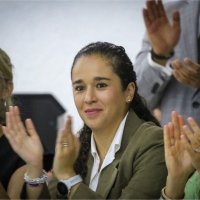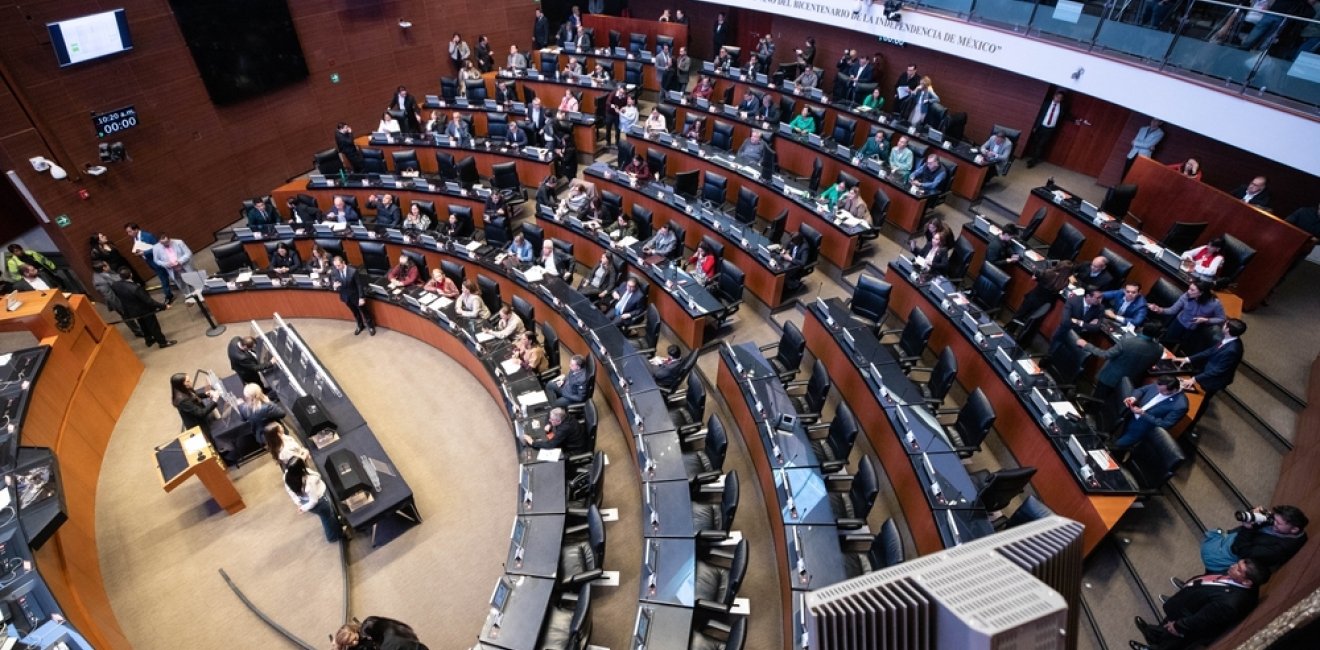In 2025, fifty national elections are set to take place worldwide. Mexico’s judicial election process stands out for its complexity and unprecedented scope, as no other country has ever elected such a large number of ministers, federal and local magistrates, and judges. Mexico faces this historic endeavor under intricate and challenging circumstances. As a result, the process is expected to draw significant attention from constitutional scholars, judicial experts, policymakers, and professionals in electoral governance.
The challenges surrounding this election fall into three main categories:
- The lack of international precedents
- The distinctive nature of Mexico's electoral administration model
- The challenges posed by the new legal framework
THE HISTORY OF A CONTROVERSIAL ELECTION
The judicial reform proposal emerged from a distinctive political moment in Mexico. Throughout his tenure, President López Obrador was a vocal critic of the Mexican judiciary, echoing a narrative present among specific segments of society that portrayed justices as privileged individuals with disproportionate salaries.
As a result, the former president drafted a reform proposal to elect all judges nationwide through popular vote. López Obrador argued that this change in the selection mechanism would bring the judiciary “closer to the interests of the people.”
The presidential candidate nominated by the ruling parties soon endorsed this proposal and included it in her campaign platform. As is now known, candidate Claudia Sheinbaum secured nearly 60% of the vote and became President-elect. However, Congress approved the constitutional reform mandating that all judges nationwide be elected via popular vote even before she formally assumed office.
Judicial elections for Supreme Court justices, federal magistrates, and judges are scheduled for 2025 and 2027. Each local legislature must ensure they are held for state-level magistrates and judges by 2027 at the latest.
MULTILEVEL ELECTORAL MODEL
Mexico’s electoral administration model is unique worldwide because it requires essential coordination between authorities operating at different jurisdictional levels.
In some federal countries, such as the United States, state-level election authorities oversee elections based on local laws, covering all levels of elective offices. Other countries adopt dual systems, where national institutions manage federal elections while local authorities administer state and municipal elections.
In contrast, Mexico’s case is singular. While national and local electoral authorities coexist, they act in coordination. For instance, the National Electoral Institute (INE) sets quality standards for various stages of the process, and the Local Electoral Bodies (OPLES) in each state implement them. During concurrent elections, where positions at different government levels are elected simultaneously, national and local authorities make agreements to coordinate actions and eliminate redundancies.
This “National Electoral System” has worked since 2014. The INE and the OPLES will organize the judicial election using this model; however, the election itself will present new challenges that the national and local authorities must address.
Challenges in the Mexican Judicial Election
-
Absence of International Precedents
-
Legal Design Problems
-
Multilevel Election Challenges
Author


Mexico Institute
The Mexico Institute seeks to improve understanding, communication, and cooperation between Mexico and the United States by promoting original research, encouraging public discussion, and proposing policy options for enhancing the bilateral relationship. A binational Advisory Board, chaired by Luis Téllez and Earl Anthony Wayne, oversees the work of the Mexico Institute. Read more

Explore More
Browse Insights & Analysis
Greenland’s New Governing Coalition Signals Consensus

Myanmar’s Junta and the 2026 Elections: A Fig Leaf for Legitimacy?




